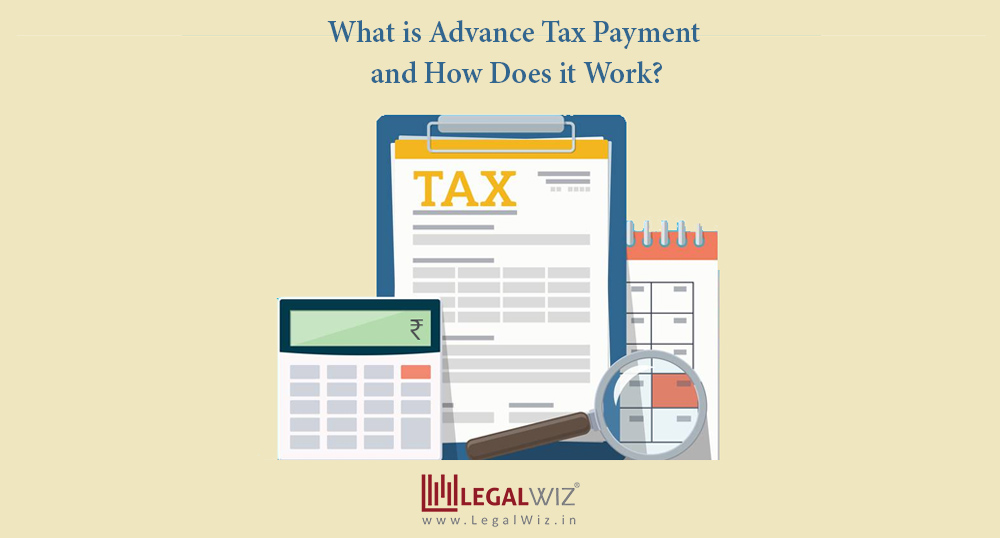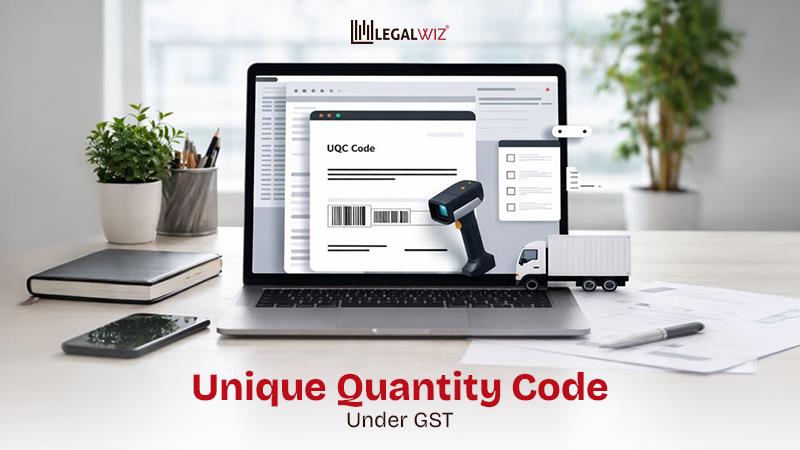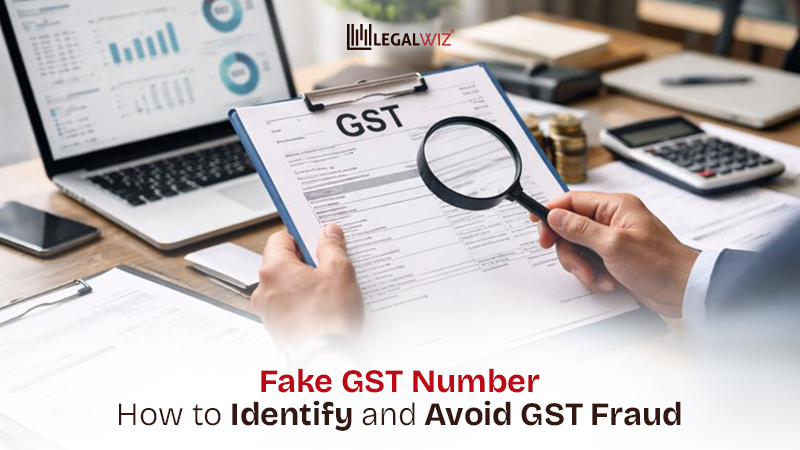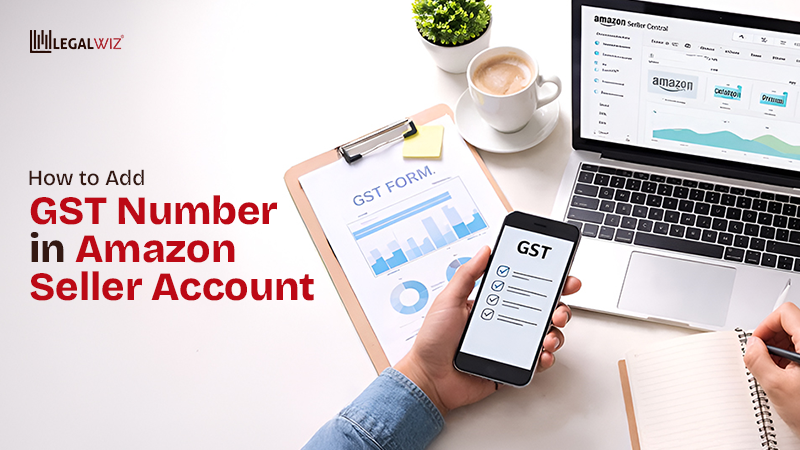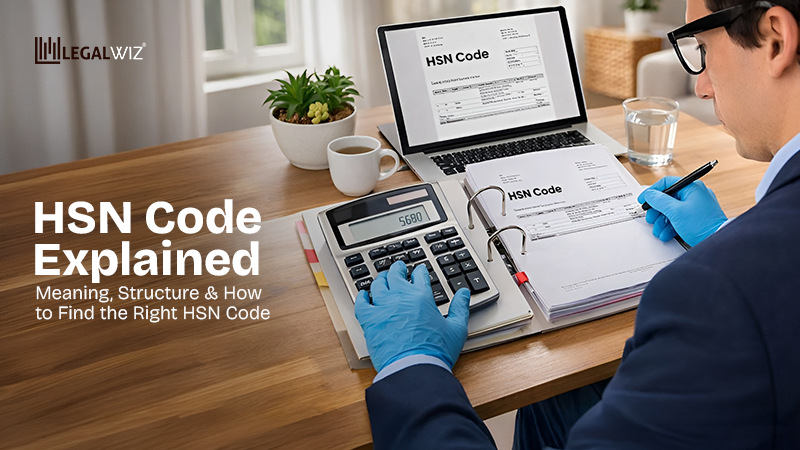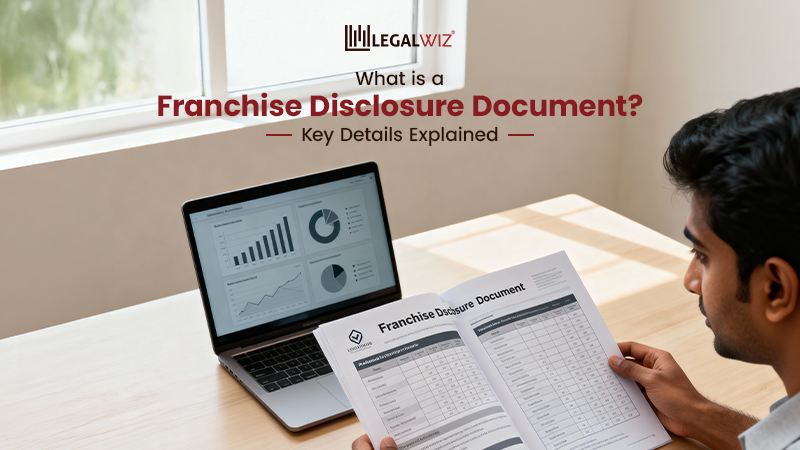What is Advance Tax Payment and how does it work?
Advance Tax is a form of tax payment in parts on the estimated income of the year, instead of full tax payment at the year-end. Every person whose estimated tax liability for the year is ₹10,000 or more, is liable to pay advance tax. It is paid in instalments.
Who is not required to pay Advance Tax as per the Income Tax Act, 1961?
- A Senior Citizen, if the following conditions are satisfied:
- If the person is Individual;
- Is Resident of India as per the Income Tax Act, 1961;
- Age is 60 years or more at any time during the year;
- Does not have any income chargeable under the head “Business or Profession“.
- An Individual having Salaried income only, as the tax is deducted and paid by the employer in the form of TDS (Tax Deducted at Source).
How does it work?
Compute the estimated total income for the current financial year.
1.Computation of estimated total income
| Particulars (ESTIMATED) | Amount |
| Income under the head “Salaries” | – |
| Income under the head “Income from House Property” | – |
| Income under the head “Income from Business or Profession” | – |
| Income under the head “Capital Gains” | – |
| Income under the head “Income from Other Sources” | – |
| Gross Total Income | — |
| Less: Deductions under section 80C to 80U | – |
| Net Total Income | — |
2. Compute the estimated advance tax on the above net total income
| Particulars (ESTIMATED) | Amount |
| Tax calculated on Net Total Income at applicable rates | – |
| Less: Rebate under section 87A | – |
| Balance Tax | — |
| Add: Surcharge (if applicable) | – |
| Total tax after surcharge | — |
| Add: Health & Education Cess @ 4% | – |
| Total tax | — |
| Less: Relief under section 89, 90, 90A or 91 | – |
| Less: TDS, TCS, MAT, AMT already paid | – |
| Total Advance Tax Liability | — |
3. If the total Advance tax liability computed as above is ₹10,000 or more, then pay the tax on due dates specified for this purpose:
| Type of Taxpayer | Due dates | |||
| By 15th June | By 15th Sept. | By 15th Dec. | By 15th Mar. | |
| All taxpayers (other than those who opted for Presumptive taxation scheme under Section 44AD or 44ADA) | Minimum 15% of Advance Tax | Minimum 45% of Advance Tax | Minimum 75% of Advance Tax | 100% of Advance Tax |
| Taxpayers who opted for Presumptive taxation scheme under Section 44AD or 44ADA | NIL | NIL | NIL | 100% of Advance Tax |
4. A corporate taxpayer (i.e., a company) and a taxpayer (other than a company) whose accounts are required to be audited, have to pay Advance tax electronically using internet banking facility of the authorized bank.
Any other taxpayer can pay advance tax by any mode (either physical mode or electronic mode). In physical mode, tax is paid by depositing the challan at the bank.
Notes-
- Advance tax can be paid either on own account or on order of the Assessing Officer.
- Where a taxpayer computes the estimated income and pays advance tax thereon, there is no requirement to submit an estimate or income statement to the income tax authorities.
- And in case of a taxpayer revises the estimated income and tax on it, on account of some estimated addition or deletion, after paying any of the instalments, the remaining future instalments can be revised and paid accordingly, without submitting revised income estimation to the income tax authorities.
- Where a taxpayer is required to pay advance tax in response to an order of the Assessing Officer, whole or part of the tax can be paid in instalments due after the date of order.
- Tax paid till 31st March of the current financial year shall be treated as Advance tax.
- When the last day for payment of advance tax happens to be a bank holiday, it can be paid on the next day without any interest charges.
- Where an order is passed by Assessing Officer, it should be passed before 1st March of the current financial year.
- In an instance where advance tax liability computed by the taxpayer is more than that computed by the assessing officer, the taxpayer should pay the tax as per own computation without any further intimation to the officer.
5. Pay Advance tax either electronically or physically using Challan no./ ITNS 280 by visiting https://www.tin-nsdl.com or following the link given on the Income Tax website. Note that taxpayer’s PAN is mandatory in the Challan and quoting of the wrong PAN may attract a penalty of ₹10,000.
6. After the tax is paid, it will get reflected on the taxpayer’s Form 26AS within 3-4 working days of making the payment. Check Form 26AS for confirmation of details.
Advance tax payments are an extremely vital part of Financial Year closure activities for Business Owners & Accountants. It needs to be carefully kept a track of, and appropriate payments should be made.
What is Form 28A and where is it required?
Form 28A is an intimation that is required to be sent by the taxpayer to the Assessing Officer, in case the estimated income as computed by the officer is more than the estimated income computed by the taxpayer. In this form, the taxpayer provides the details of the estimation of reduced income and tax thereon, specifying the reasons for such difference.
It should be signed by the person authorized to sign the return of income.
Who is an Assessee in default, in case of Advance Tax payment?
A taxpayer-
- who does not pay advance tax at all within the due dates, OR
- who pays advance tax but less than 90% of the assessed tax.
Interest is levied under section 234B of the Income Tax Act, 1961, in case of above assessees in default—
Rate: 1% per month or part of the month.
Period: From 1st April of the Assessment year to the date of determination of income or date of regular assessment by the Income-tax authorities as per the Income-tax provisions.
Amount liable for interest: Assessed tax minus Advance tax paid (if any) = Amount of unpaid or short paid advance tax on which interest is levied.
[Assessed tax means…Tax determined by income tax authorities
Less: TDS/ TCS/ MAT/ AMT/ Relief u/s 89/ 90/ 90A/ 91]
Interest is levied under section 234C of the Income Tax Act, 1961, in case of short payment of advance tax instalments—
- In case of taxpayers (other than those who opted for presumptive taxation scheme under section 44ADor section 44ADA), interest shall be levied-
- If the advance tax paid on or before 15th June is less than 12% of advance tax payable,
- If the advance tax paid on or before 15th September is less than 36% of advance tax payable,
- If the advance tax paid on or before 15th December is less than 75% of advance tax payable,
- If the advance tax paid on or before 15th March is less than 100% of advance tax payable.
- In case of taxpayers who opted for presumptive taxation scheme under Section 44AD or section 44ADA, interest shall be levied-
- If the advance tax paid on or before 15th March is less than 100% of advance tax payable.
Rate: 1% per month or part of a month.
Period: For three months, in case of shortfall in payment of 1st, 2nd and 3rd instalment and for one month, in case of shortfall in payment of the last instalment.
Amount liable for interest: Short paid the amount of instalment.

CA Saba Naaz
CA in practice, Partner at S. Saraf & Associates, Gurugram, also a blogger at indiantaxhub.blogspot.com. I am passionate about sharing knowledge by writing articles for students and professionals both. I deal in income tax, GST, corporate compliances, audit and accountancy.
